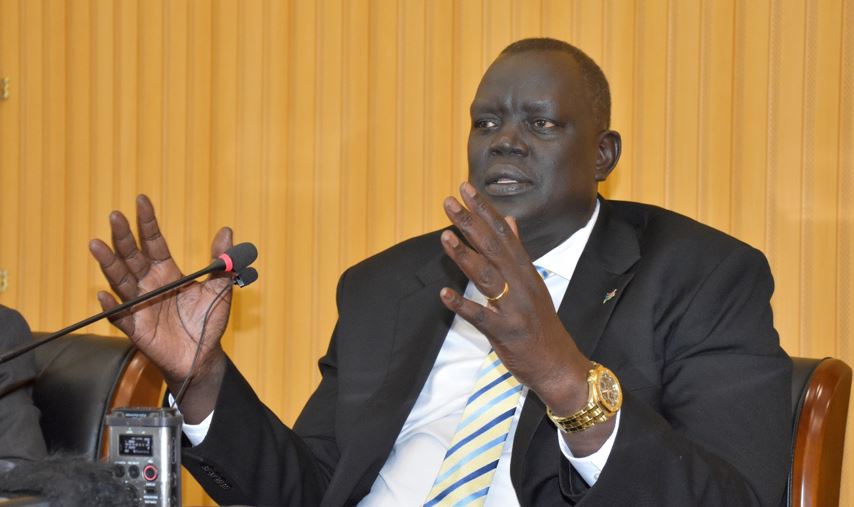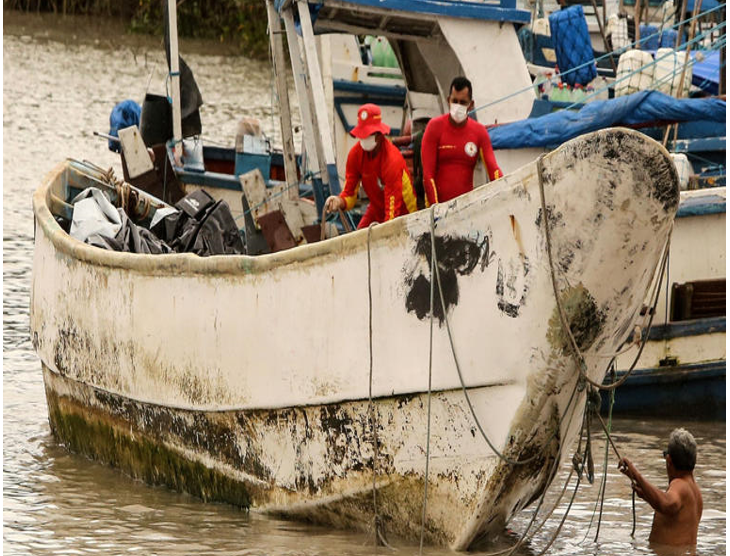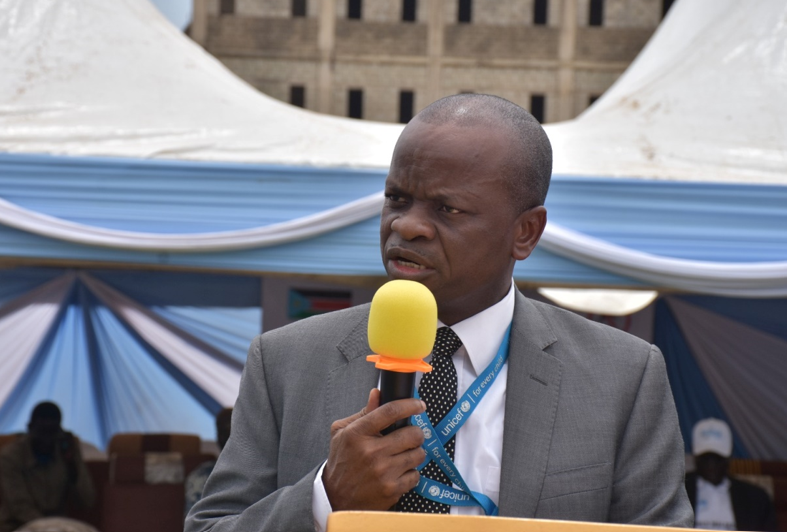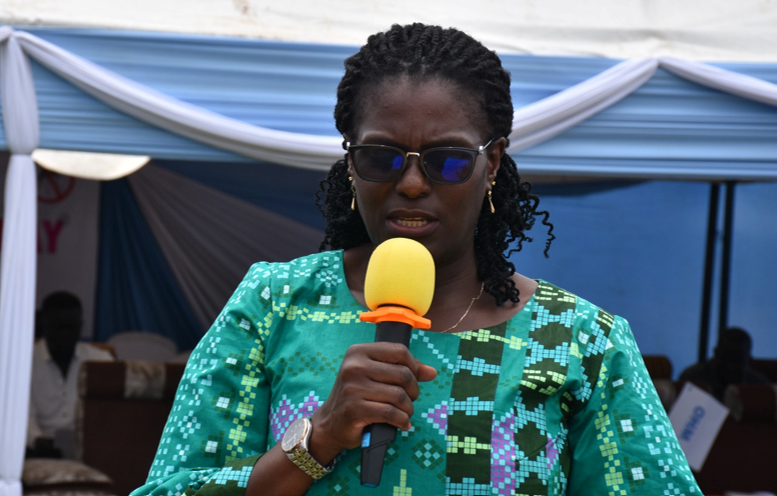Government tells US institutional reforms on the cards

The ministry for foreign affairs and international cooperation promised to collaborate with the United States government in fighting corruption.
Juba’s commitment came after the United States Department of State issued a business advisory warning its citizens against investing in the country, citing a lack of an enabling environment.
The spokesperson of the US Department of State, Matthew Miller, quoted the advisory as saying the government of South Sudan had failed to implement the economic reforms and public financial management commitments that are found in the Revitalized Agreement on the Resolution of the Conflict in South Sudan (R-ARCSS).
According to Miller, the transitional government lacks progress on economic reforms, and the glaring dearth of transparency in the oil sector serves as a telltale sign of a dangerous business environment for investment.
“The absence of significant progress over the original transition period, and the transitional government’s continued failure to adhere to its own laws in the transparent management of its oil revenue could adversely impact U.S. businesses, individuals, and other persons and their operations in South Sudan and the region,” Miller explained.
Gov’t doing well
In response, the ministry for foreign affairs and international cooperation acknowledged the challenges and assured prompt implementation of economic reforms and public financial management.
“The government of South Sudan acknowledges that there are still challenges and gaps in the implementation of the R-ARCSS, especially in the areas of economic reforms and public financial management,” the statement from the ministry stated.
Some of the drivers eyed by the government in the bid for transparency are having operational anti-corruption laws enforced by the commissions, conducting audits, prosecuting offenders, recovering stolen assets, publishing annual budgets and reports, and overseeing the participation of civil society and the media.
The ministry noted that the government had achieved various milestones, including the formation of RTGoNU, reconstituting TNLA, forming transitional justice mechanisms, and initiating security sector reforms, and establishing a Public Finance Management oversight committee.
“The government is also working on completing the remaining tasks, such as holding a national constitutional conference and preparing for general elections,” it added.
It called upon investors from the United States to explore various investment opportunities existing in South Sudan in the areas of agriculture, mining, tourism, infrastructure, energy, and telecommunications.
In March 2023, the government slammed US Senators who had tendered a letter to their Secretary of State calling for more sanctions to be imposed on South Sudan, but the government of South Sudan saw it as an obstacle to the peace process.
The acting minister for foreign affairs and international cooperation, Deng Dau Deng, said the US would have instead called for the renewal of the mandate of the UN Mission in South Sudan (UNMISS) instead of sanctions on the country.
“We are very much concerned. “We have been very open as a country to our international partners, including the US with the embassy here,” said Dau.
Deng argued that the benchmarks set by the UN Security Council for lifting of sanctions imposed on South Sudan have not been violated since 2017.


